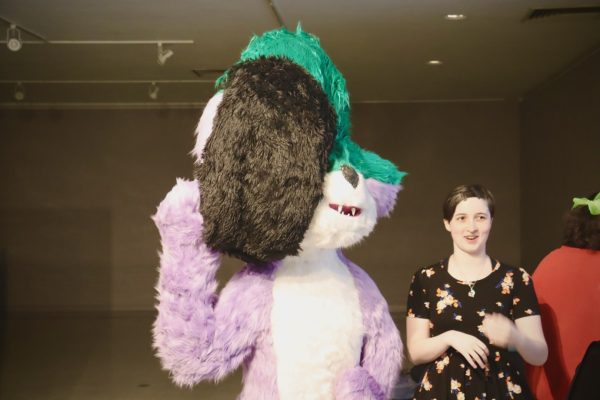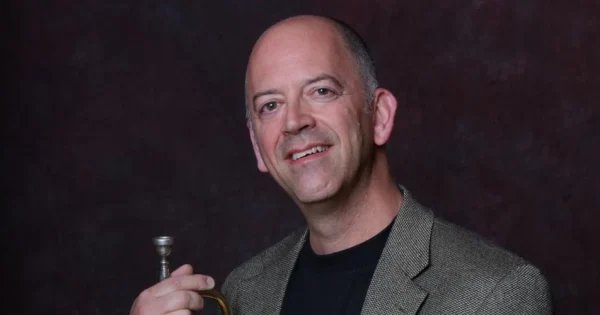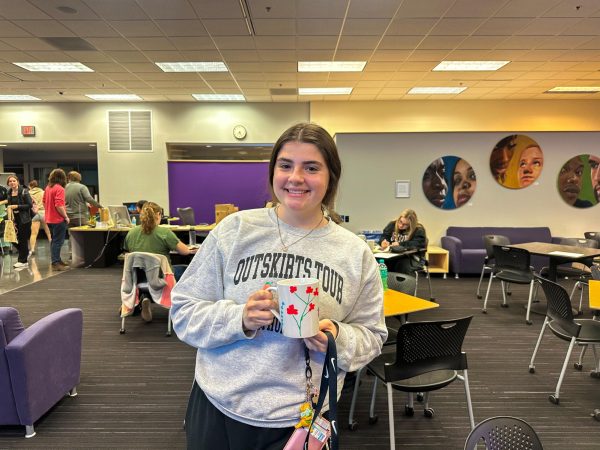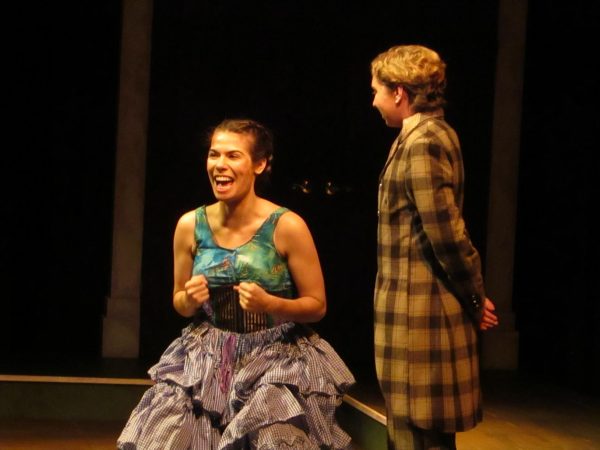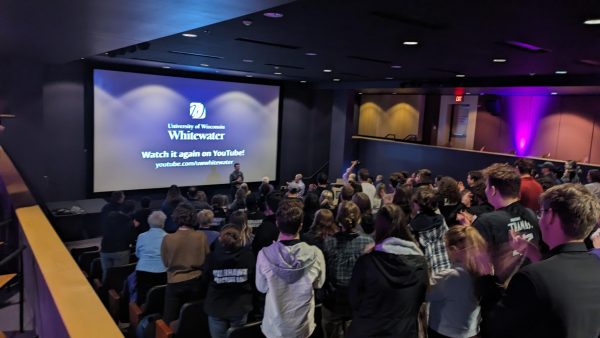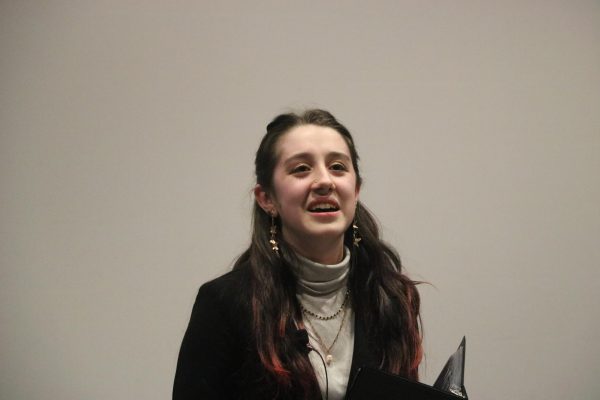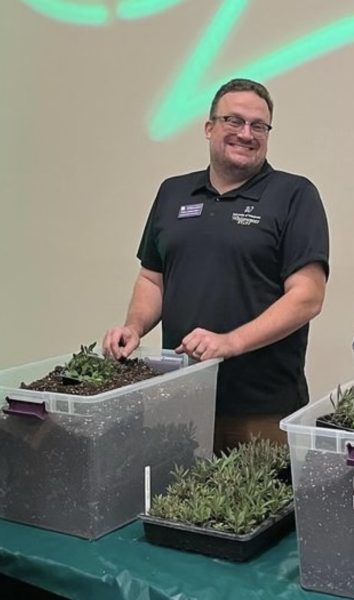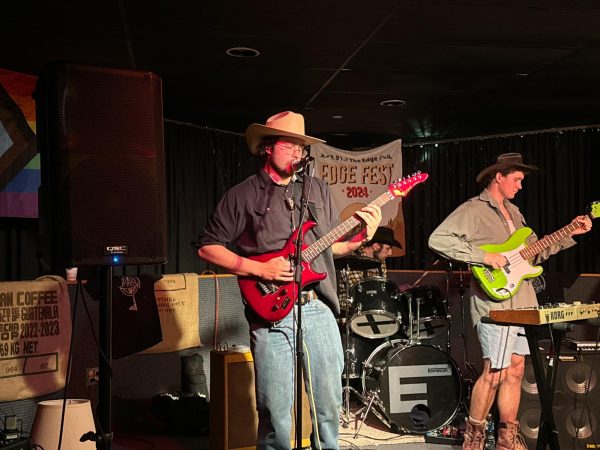UW-W gets environmental
October 14, 2019
In 1986, the United Nations decreed that the first Monday in October every year should be known as World Habitat Day. Since then, climate change and sustainability have been in the public eye and the focus of many discussions and debates.
With Oct. 7 being World Habitat Day, UW-Whitewater’s efforts to create a more sustainable and climate-friendly campus came to the forefront. While the university did not explicitly recognize World Habitat Day, it has made itself known for pushing for more sustainable policies and promoting a climate-friendly campus.
“Whitewater itself has a master plan,” said Jody Wentworth, Whitewater Student Government Associate Director for Student Affairs. “That master plan is our steps, our last chancellor signed a commitment to make [campus] more sustainable.”
With this commitment to sustainability, it makes sense to highlight what campus does to honor it. Wesley Enterline, the sustainability coordinator at UW-W, laid out what has been done to reach campus sustainability goals.
“We have a number of engagement and operations programs designed to reduce our environmental impact, economic cost, and social inequity at UW-Whitewater,” said Enterline, who gave some examples of these programs. “The seeds we collect in the Nature Preserve are used for a variety of projects. Mainly, we focus on re-planting new sections of the Nature Preserve. We also use native plants throughout the landscape to minimize maintenance costs in the campus core.”
With these and other programs, the sustainability office works with groups like the Biology Club, The Gardening Club, and Students Allied for a Green Earth (SAGE).
Along with the formal programs and initiatives by these groups, there is an individual aspect that helps to keep campus safe.
“There is a lot of things that you can do that aren’t really sponsored,” said SAGE Co-President TJ Hunt. “Like reading the signs to figure out what is and isn’t recyclable, riding your bike to campus instead of driving your car, picking up litter on the side walk. There’s a lot of these things that are personal responsibility things that aren’t grand gestures, but it helps.”
Both Enterline and Hunt also encouraged students to volunteer and join the sustainability office at events that they and other groups on campus hold like stream monitoring, where local streams and rivers are monitored for things like acidity levels or how cloudy and dirty the water is, and even other things like helping out in the campus garden.
These events and many more are happening all the time around campus. If readers would like more information on these events or on what Whitewater does for the environment they can visit the sustainability website at uww.edu/sustainability.











